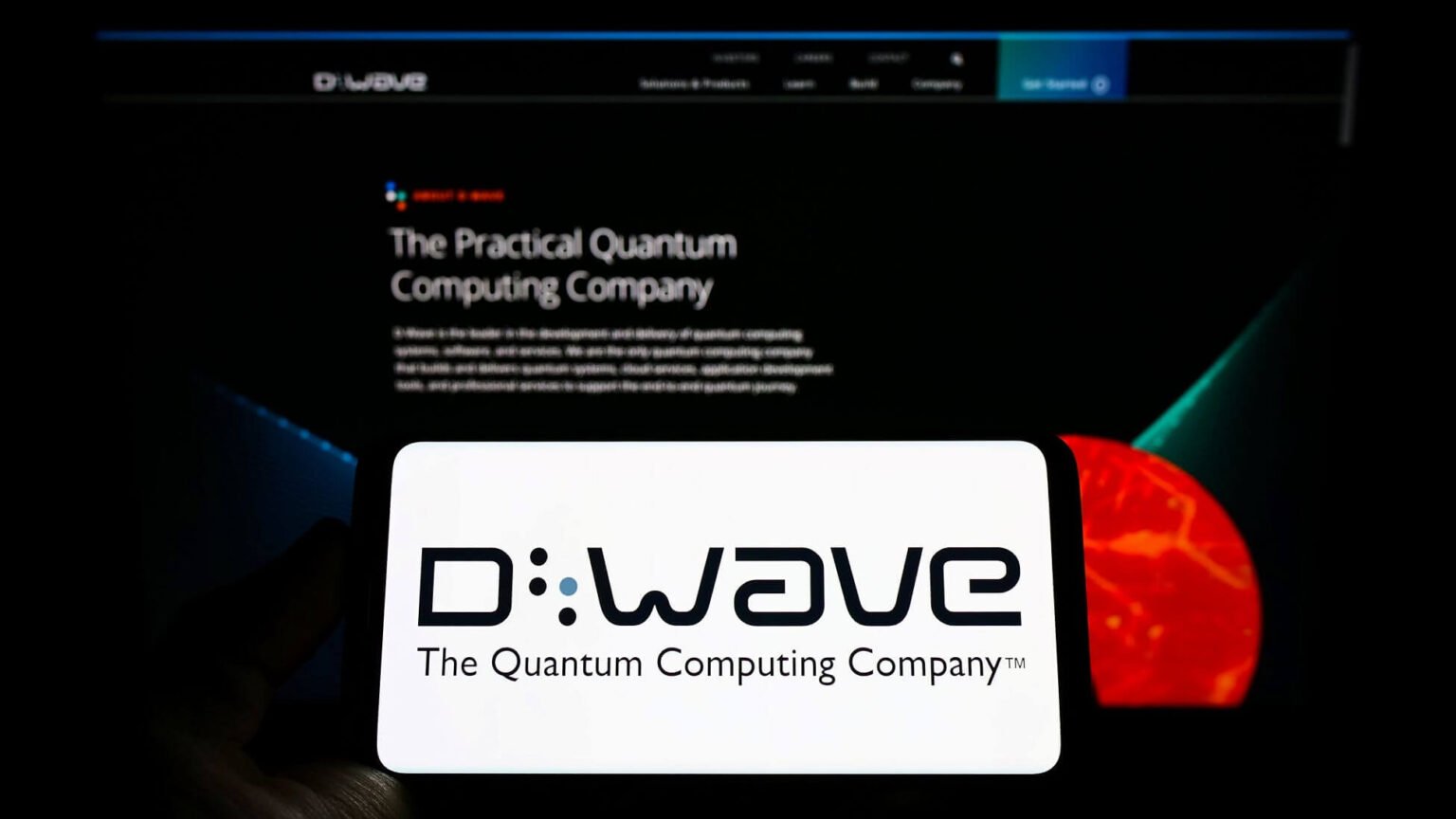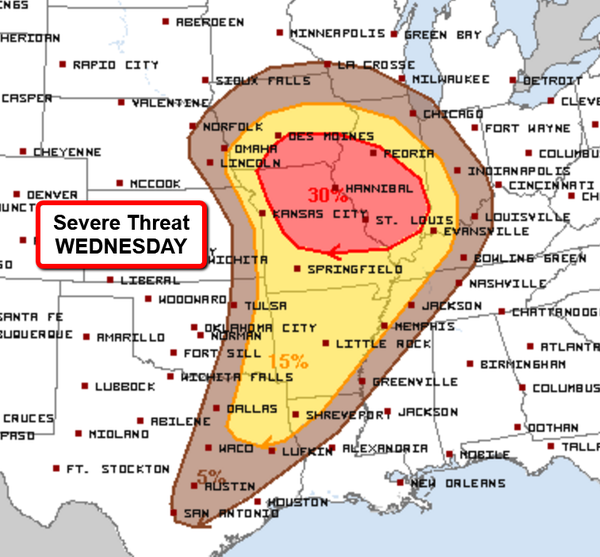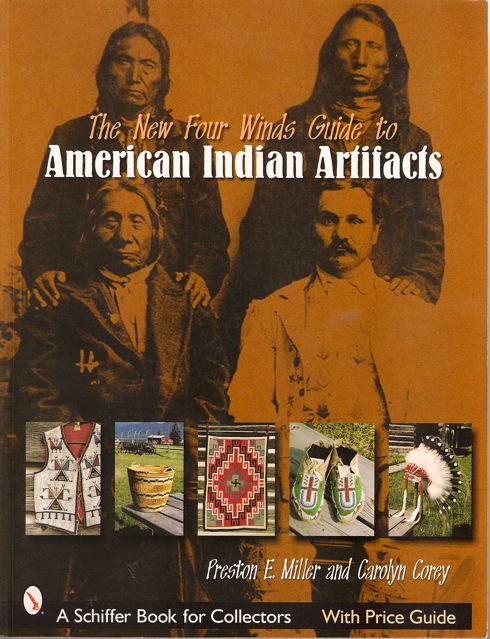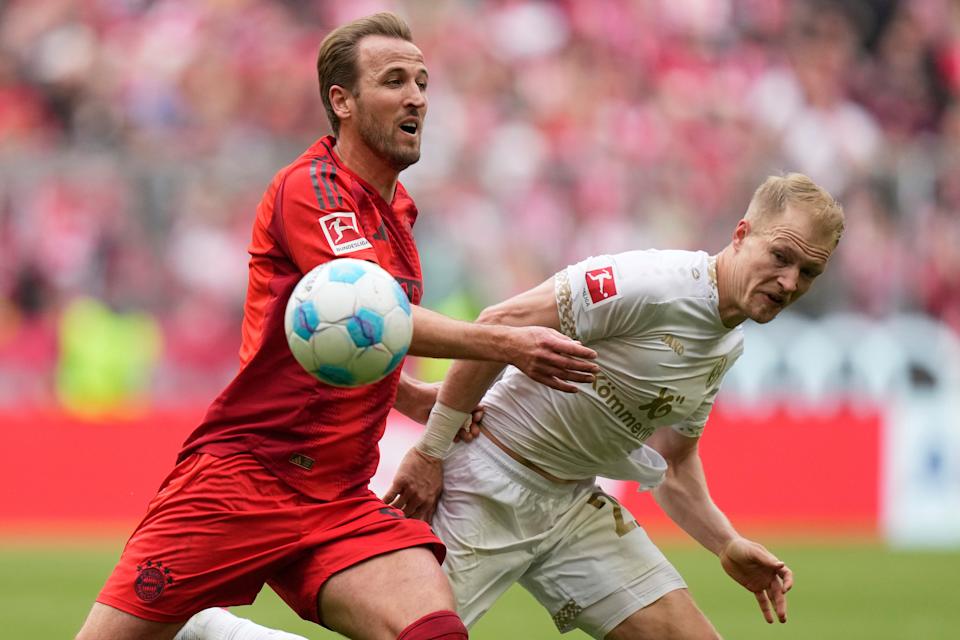Porsche's Brand Dilemma: Reconciling Ferrari And Mercedes In A Turbulent Global Market

Table of Contents
The Ferrari Aspiration: Maintaining Exclusivity and Prestige
Porsche's heritage is deeply rooted in motorsport, a legacy that contributes significantly to its exclusive image. This heritage is carefully cultivated and forms a cornerstone of Porsche's brand identity.
Preserving Porsche's Heritage and Racing Legacy
- Unwavering Motorsport Success: Decades of Le Mans victories, Formula E participation, and consistent success in other racing series have cemented Porsche's reputation for performance and innovation.
- Iconic Models: The 911, a timeless icon, remains a symbol of Porsche's enduring design and engineering prowess. Models like the 918 Spyder and Carrera GT further solidify the brand's commitment to high-performance, limited-production vehicles.
- Exclusivity Through Limited Editions: The strategic release of limited-edition models, often with enhanced performance and unique features, reinforces the brand’s exclusivity and desirability. This scarcity drives up demand and maintains a premium image.
- Price Point Strategy: Maintaining a high price point is essential for upholding the brand's image of luxury and exclusivity. However, this strategy also needs careful calibration to remain competitive in the supercar market.
Competing in the Supercar Segment: Challenges and Opportunities
The supercar segment is fiercely competitive, with established players like Ferrari, Lamborghini, and McLaren constantly vying for market share.
- Technological Innovation: Porsche must continually invest in cutting-edge technology, from advanced powertrains to innovative driver-assistance systems, to stay ahead of the competition.
- Maintaining Market Share: Increased competition from established brands and emerging electric vehicle manufacturers presents a significant challenge for Porsche in maintaining its market position.
- Innovation and Differentiation: Developing unique technologies and design features is crucial for setting Porsche apart from its rivals and maintaining its status as a leader in the supercar segment.
The Mercedes Balancing Act: Expanding Market Reach and Accessibility
While maintaining its Ferrari-esque prestige, Porsche also enjoys significant success with its more accessible models, a strategy that mirrors some aspects of Mercedes-Benz's broader market appeal.
The Appeal of Practicality and Everyday Usability
- SUV Success: The Cayenne and Macan SUVs have been instrumental in expanding Porsche's market reach and overall sales volume. These models offer a blend of performance and practicality appealing to a wider customer base.
- Everyday Drivability: Porsche's efforts to make its vehicles more comfortable and user-friendly for daily driving have broadened its appeal to customers who may not primarily prioritize track performance.
- Catering to a Broader Segment: This segment values a vehicle that combines thrilling performance with the practicality of everyday usability – a balance Porsche has successfully achieved.
Risks of Brand Dilution and Compromising Exclusivity
Expanding market reach through more accessible models poses risks to Porsche's carefully cultivated brand image.
- Potential Brand Dilution: The risk of brand dilution arises if Porsche prioritizes volume over exclusivity, potentially diminishing the perceived prestige of the brand.
- Maintaining Brand Integrity: Balancing accessibility with exclusivity is a key challenge. Porsche must develop strategies to ensure that its more accessible models don't detract from its luxury image.
- Strategic Segmentation: Careful segmentation of its model lineup is essential, avoiding overlap and ensuring each model caters to a distinct customer profile.
Navigating the Turbulent Global Market: Economic and Geopolitical Factors
The global market presents significant challenges for luxury car manufacturers like Porsche.
Impact of Economic Uncertainty on Luxury Car Sales
- Economic Slowdowns: Global economic uncertainties, including inflation and potential recessions, directly impact consumer spending on luxury goods, including high-end vehicles.
- Luxury Market Volatility: The luxury car market is particularly sensitive to economic fluctuations, as purchasing decisions in this segment are often discretionary.
- Sales Projections and Adjustments: Porsche, like other luxury brands, must constantly adapt its sales projections and strategies based on evolving global economic conditions.
Geopolitical Instability and Supply Chain Disruptions
Geopolitical instability and conflicts significantly impact global supply chains.
- Production Challenges: Disruptions to supply chains can lead to delays in production and impact the availability of parts and materials.
- International Sales: Geopolitical tensions and sanctions can disrupt international sales networks and restrict market access.
- Risk Mitigation Strategies: Porsche needs robust risk mitigation strategies to navigate supply chain disruptions and geopolitical uncertainties.
The Rise of Electric Vehicles and Sustainability
The transition to electric vehicles is reshaping the automotive landscape.
- Porsche's EV Strategy: The Taycan, Porsche's fully electric sports car, is crucial to the brand’s future in the EV market.
- Sustainability and Brand Image: Sustainability is increasingly important to consumers, and Porsche needs to demonstrate its commitment to environmentally responsible practices.
- Competition in the EV Sector: Intense competition from established and emerging EV manufacturers requires constant innovation and adaptation.
Conclusion: Charting a Course Through Porsche's Brand Dilemma
Porsche’s brand dilemma involves the delicate balancing act between maintaining its prestigious, Ferrari-like image while expanding its market reach with more accessible models, much like Mercedes-Benz. Navigating the turbulent global market, with its economic uncertainties, geopolitical instability, and the rise of electric vehicles, adds another layer of complexity to this challenge. Strategic decision-making is paramount for Porsche's success in maintaining its unique brand identity while adapting to the ever-changing landscape. What strategies do you believe Porsche should prioritize to maintain its unique brand identity while solving Porsche's brand dilemma and adapting to the ever-changing landscape? Share your thoughts on Porsche's brand strategy and contribute to the conversation around this fascinating challenge.

Featured Posts
-
 Gaite Lyrique La Securite Du Lieu Remise En Question Apres Depart Des Salaries
May 20, 2025
Gaite Lyrique La Securite Du Lieu Remise En Question Apres Depart Des Salaries
May 20, 2025 -
 Gina Maria Schumacher Kci Michaela Schumachera
May 20, 2025
Gina Maria Schumacher Kci Michaela Schumachera
May 20, 2025 -
 Factors Contributing To D Wave Quantum Inc S Qbts Stock Price Increase
May 20, 2025
Factors Contributing To D Wave Quantum Inc S Qbts Stock Price Increase
May 20, 2025 -
 La Cruda Verdad La Conversacion Previa Al Regreso De Schumacher A La F1 En 2010
May 20, 2025
La Cruda Verdad La Conversacion Previa Al Regreso De Schumacher A La F1 En 2010
May 20, 2025 -
 Big Bear Ai Stock Current Valuation And Future Potential
May 20, 2025
Big Bear Ai Stock Current Valuation And Future Potential
May 20, 2025
Latest Posts
-
 Beiers Two Goals Secure Dortmund Win Against Mainz
May 20, 2025
Beiers Two Goals Secure Dortmund Win Against Mainz
May 20, 2025 -
 Fast Moving Storms Recognizing And Responding To Damaging Winds
May 20, 2025
Fast Moving Storms Recognizing And Responding To Damaging Winds
May 20, 2025 -
 Prepare For High Winds A Guide To Fast Moving Storms
May 20, 2025
Prepare For High Winds A Guide To Fast Moving Storms
May 20, 2025 -
 Bundesliga Leverkusen Victory Delays Bayerns Championship Party Kane Sidelined
May 20, 2025
Bundesliga Leverkusen Victory Delays Bayerns Championship Party Kane Sidelined
May 20, 2025 -
 Staying Safe During Fast Moving Storms With High Winds
May 20, 2025
Staying Safe During Fast Moving Storms With High Winds
May 20, 2025
